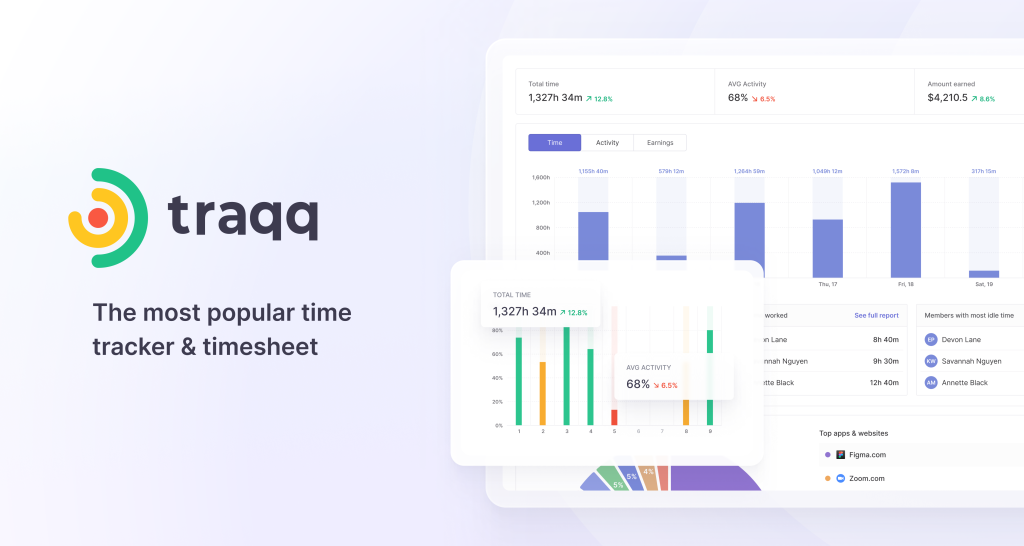From this article, you will learn what a Java developer is, what skills they must have, and what courses to complete to become successful professionals.
What Is a Java Full Stack Developer?
A Java developer is a programming expert specializing in Java, one of the most popular and universally used languages. They use Java’’s robustness to develop various apps. We can talk here about mobile apps for gamblers to play on the go. We can also talk about web applications. We can speak of some large-scale enterprise systems. These developers specialize in the design, implementation, and support of various Java-made applications. What are their tasks that lie on the surface? Well, they must write the code, debug issues, and enhance overall application efficiency. Java developers can be engaged in sectors across the economy, from healthcare to finance to even law enforcement!
A full stack Java developer enjoys the unique qualities of working in both front-end and back-end environments. These professionals can use Java for server-side and client-side operations to handle the complete cycle of developing and deploying apps. This role demands a variety of across-the-industry skills, which is not common in a highly-segmented IT world. They must know server management, database handling, and UI development. Java developers are essential when starting a project and making it fly, keeping the trajectory as planned.
Java Full Stack Developer Skills
Well, a full stack developer in this area must demonstrate a long list of IT skills. Let’s see:
possess a well-rounded set of technical skills, including:
- Java programming: Full-scale expertise in Java and JVM-based languages like Scala or Kotlin.
- Web tech knowledge: Professional knowledge of front-end technologies like HTML, CSS, and JavaScript. Also, proficiency with Angular, React, or Vue.js.
- Frameworks and libraries: General knowledge of front-end libraries and frameworks. Good experience with Spring (Boot, MVC), Hibernate, and other front-end frameworks.
- Database management: Knowledge of SQL databases like MySQL or PostgreSQL. Proficiency with NoSQL databases, such as MongoDB and Cassandra.
- API design: On-hand knowledge of REST to guide the design and development of the software architecture. Expertise in GraphQL would be instrumental.
- Version control: Familiarity with version control systems with Git is a must.
- DevOps tools: Understanding DevOps, including Continuous Integration/Continuous Deployment (CI/CD). Knowledge of Jenkins, Docker, and Kubernetes.
- Testing: Familiarity with testing frameworks, such as JUnit and Mockito, for back-end testing. Similarly, experience with Jasmine or Mocha for front-end testing.
- Security: Awareness of application security practices and protocols, like JWT and OAuth.
- Variety of soft skills: Strong communication, problem-solving, and teamwork skills.
The hard and soft skills mentioned above make up a Java full -stack developer who is capable of creating and maintaining scalable, efficient apps from the UX to the database.
Discover the Traqq application, a powerful time-tracking tool developed to help businesses monitor and optimize their everyday routine. Traqq also works fine for HR specialists, as it is instrumental in tracking timesheets, dev time, and activity levels. Give Traqq a chance to improve your work!

How to Become a Java Developer
If you plan to be a Java application developer, simply start learning Java! It can be done via traditional offline education or online courses—practice coding daily to enhance your level and overall expertise in Java. Learn database management, web techs, and frameworks, such as Spring and Hibernate, to develop your skills. You can dive deep into real-life cases, as they can help you learn to develop your own apps and open-source projects. Obtaining official Java certifications from established IT companies like Oracle is highly recommended. This will 100% increase your credibility as a professional.
Choose a Full Stack Java Developer Course
Full stack Java developer courses are specifically created to help Java enthusiasts acquire a full range of skills to handle both front-end and back-end tasks. Let’s check out some popular resources offering such courses.
1. Udemy
Imagine courses like “Full stack Java developer – Java + JSP + Restful WS + Spring!” They will guide you all the way, from basic Java skills to cutting-edge web services and Spring frameworks.
2. Coursera
This worldwide popular platform offers deep-inside courses like “Full Stack Web Development with Angular Specialization”. Completing it can lead you to your desired position as a full stack Java developer.
3. edX
The course focuses on offering so-called MicroMasters programs and other types of industry certificates in the full stack development area.
4. Codecademy
If you want to have all the options as a student, you can choose from a variety of programs combining Java, SQL, and front-end. A perfect choice for beginners and intermediate developers alike!
5. Pluralsight
Want to dive deep into the Java world? Then, choose this platform to get a “Java Full Stack Developer” certificate. You will learn much more than just Java. Things like Spring Boot, JS, or Angular will no longer be terra incognita.
The great thing is that all these courses can fit beginners and ‘experienced’ programmers alike. You will get online lectures, hands-on projects, plus code exercises, and sometimes even real-time teaching to get a comprehensive experience. Try any of them, and you will gain a lot more!


Mastering Java full stack development requires a strong foundation in both front-end and back-end technologies. This blog outlines essential skills like Java, Spring Boot, Angular, and database management, providing a comprehensive roadmap for developers. By honing these skills, you’ll be well-equipped to tackle diverse projects and drive impactful solutions in today’s tech landscape!